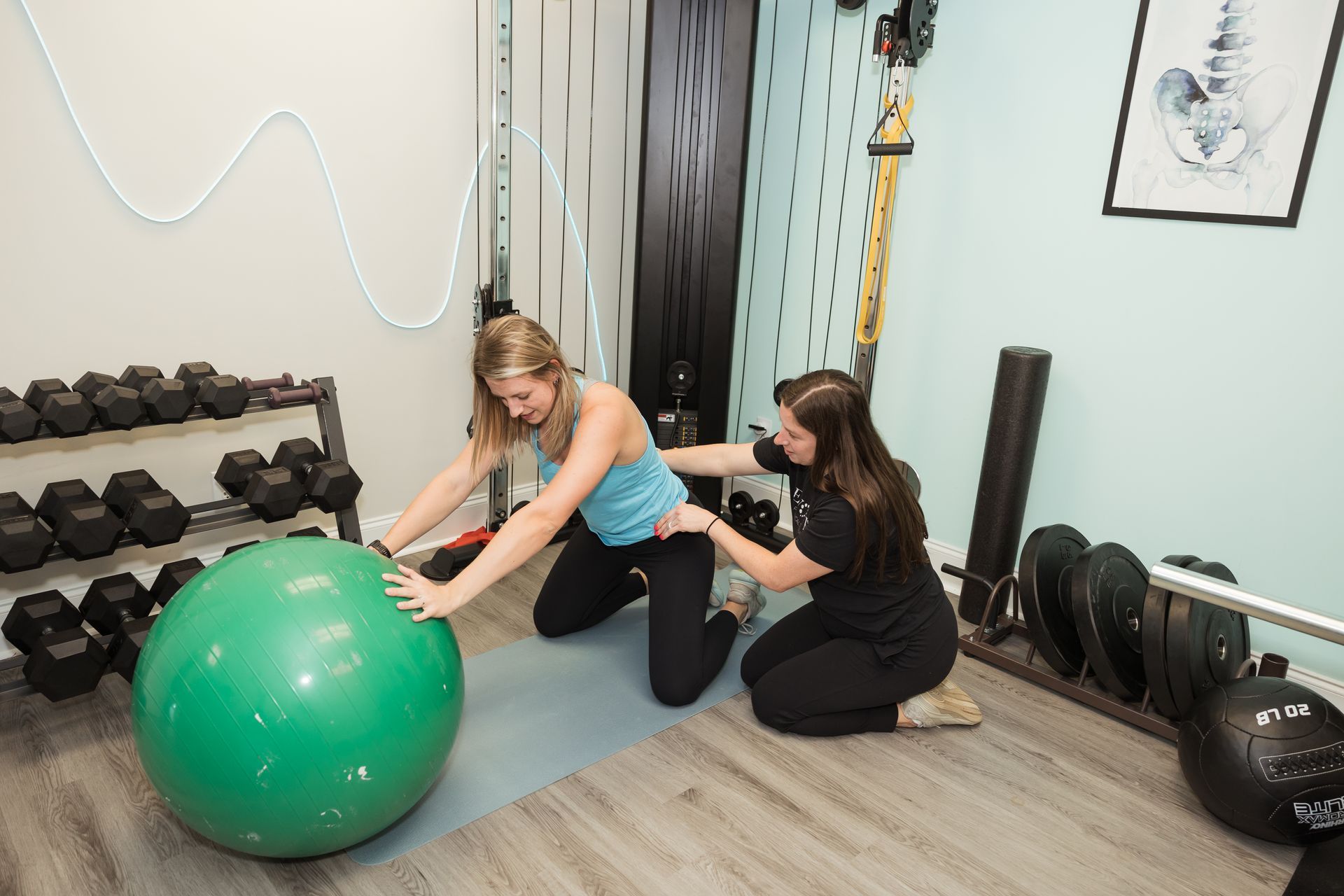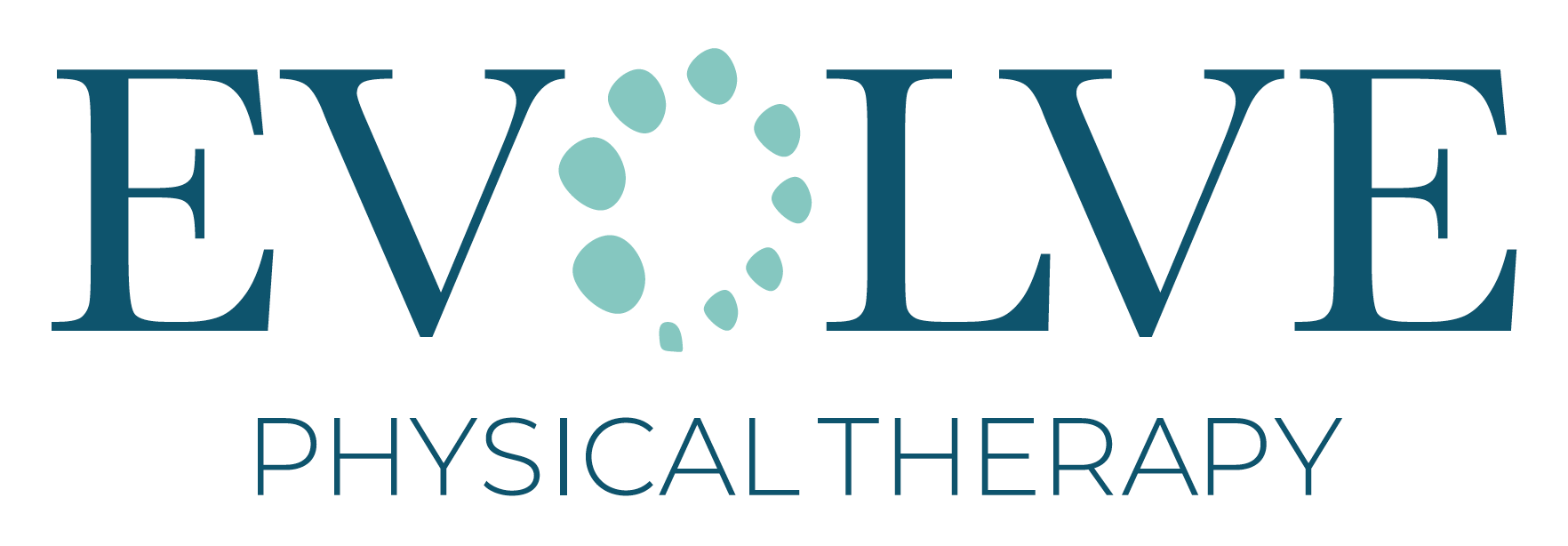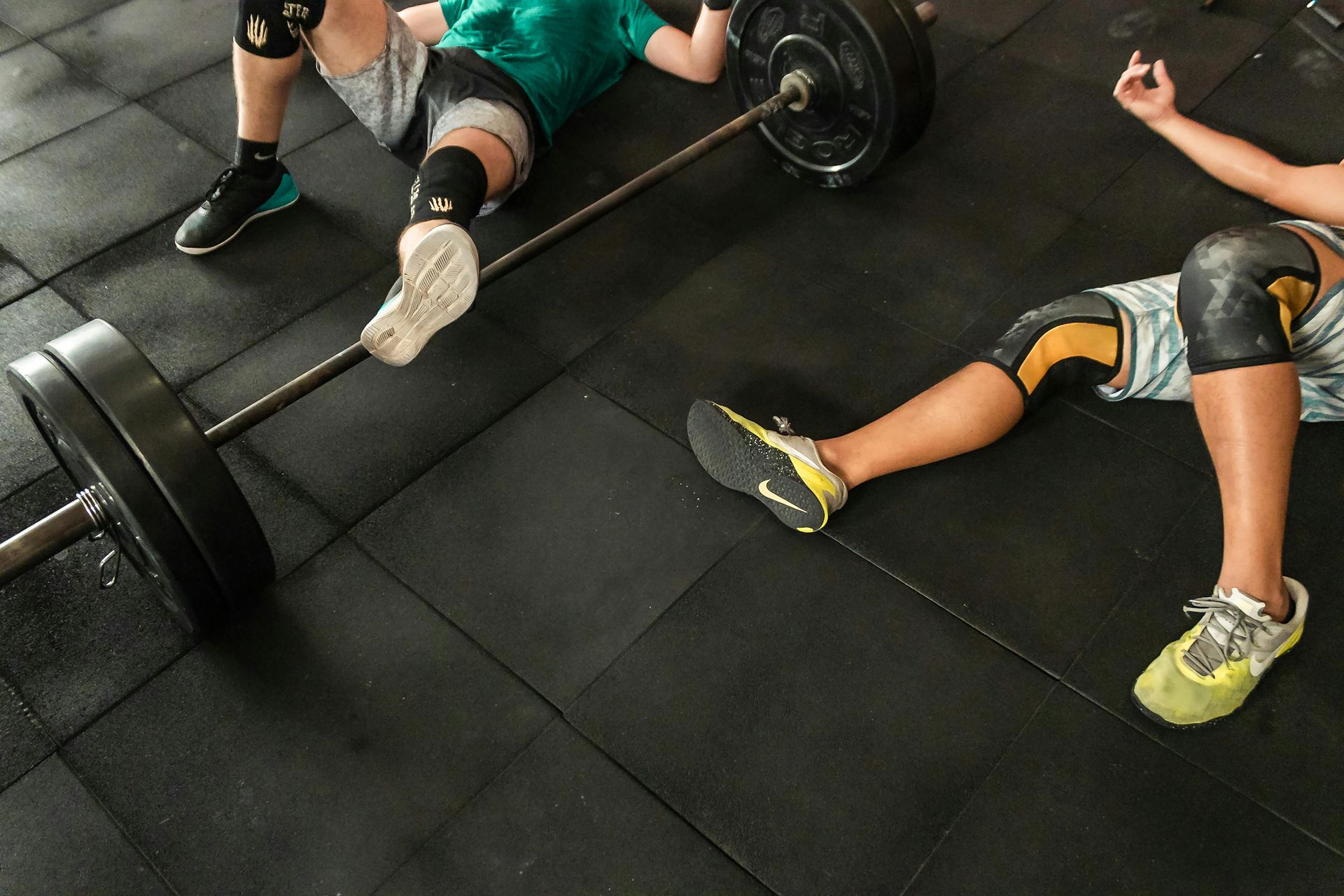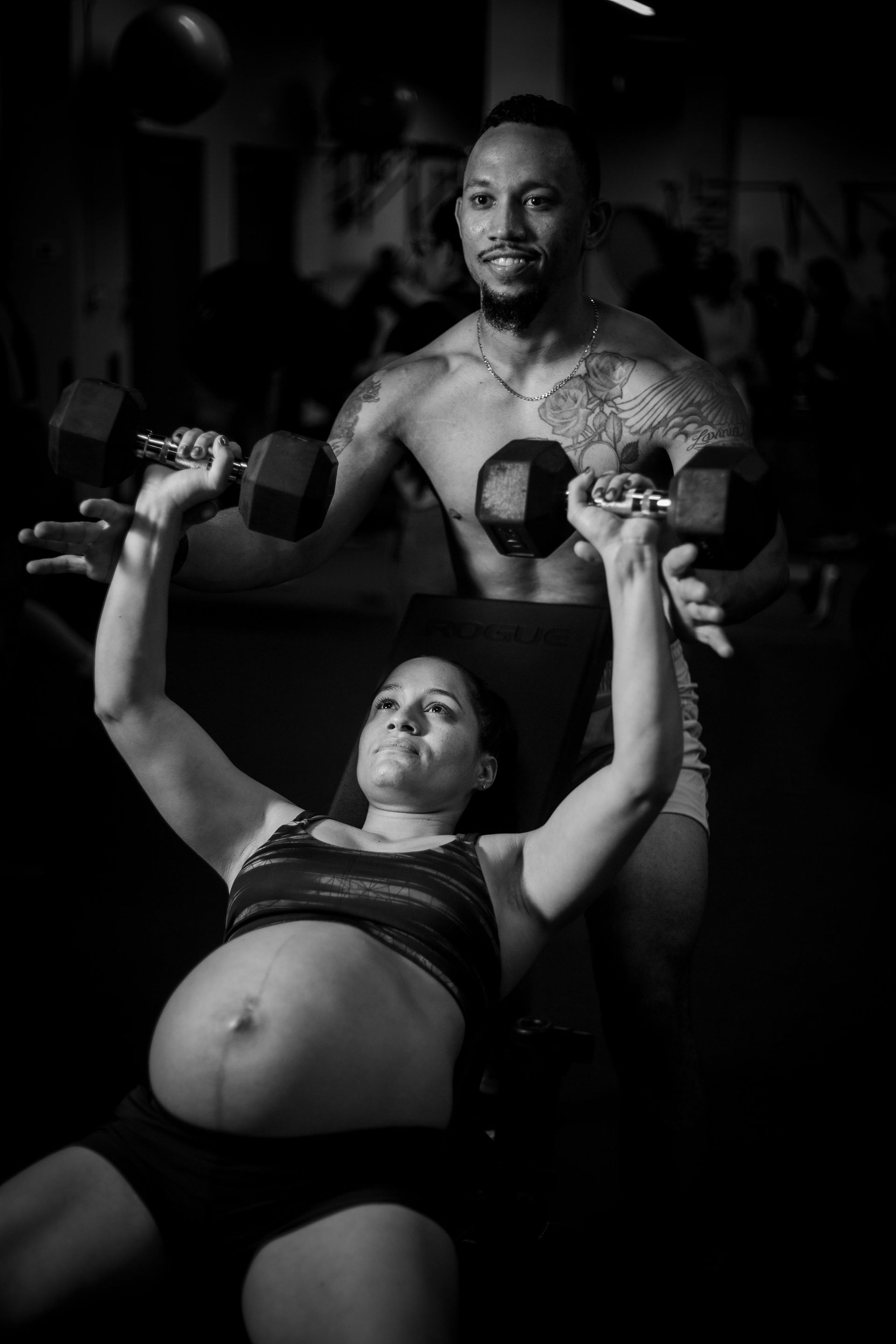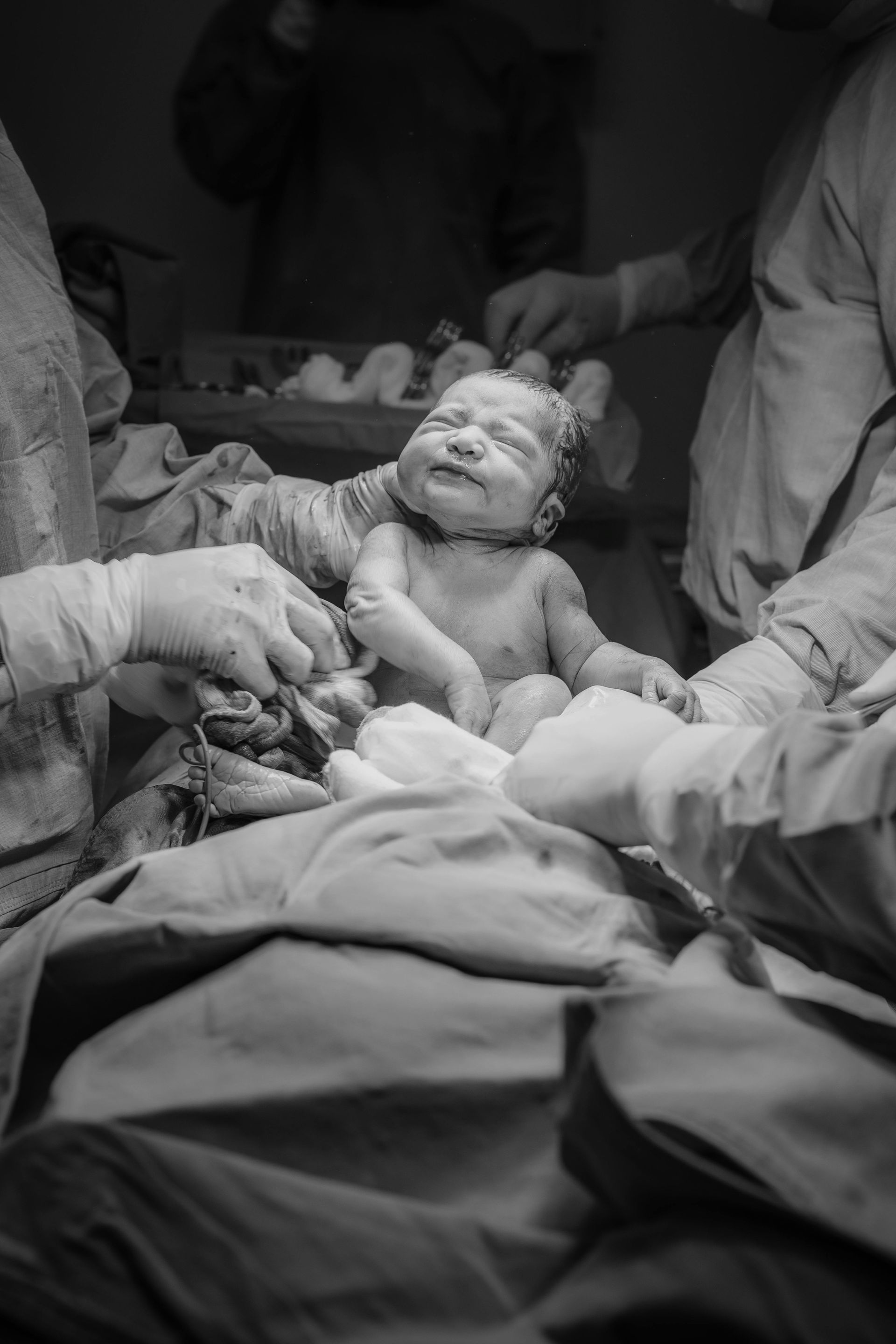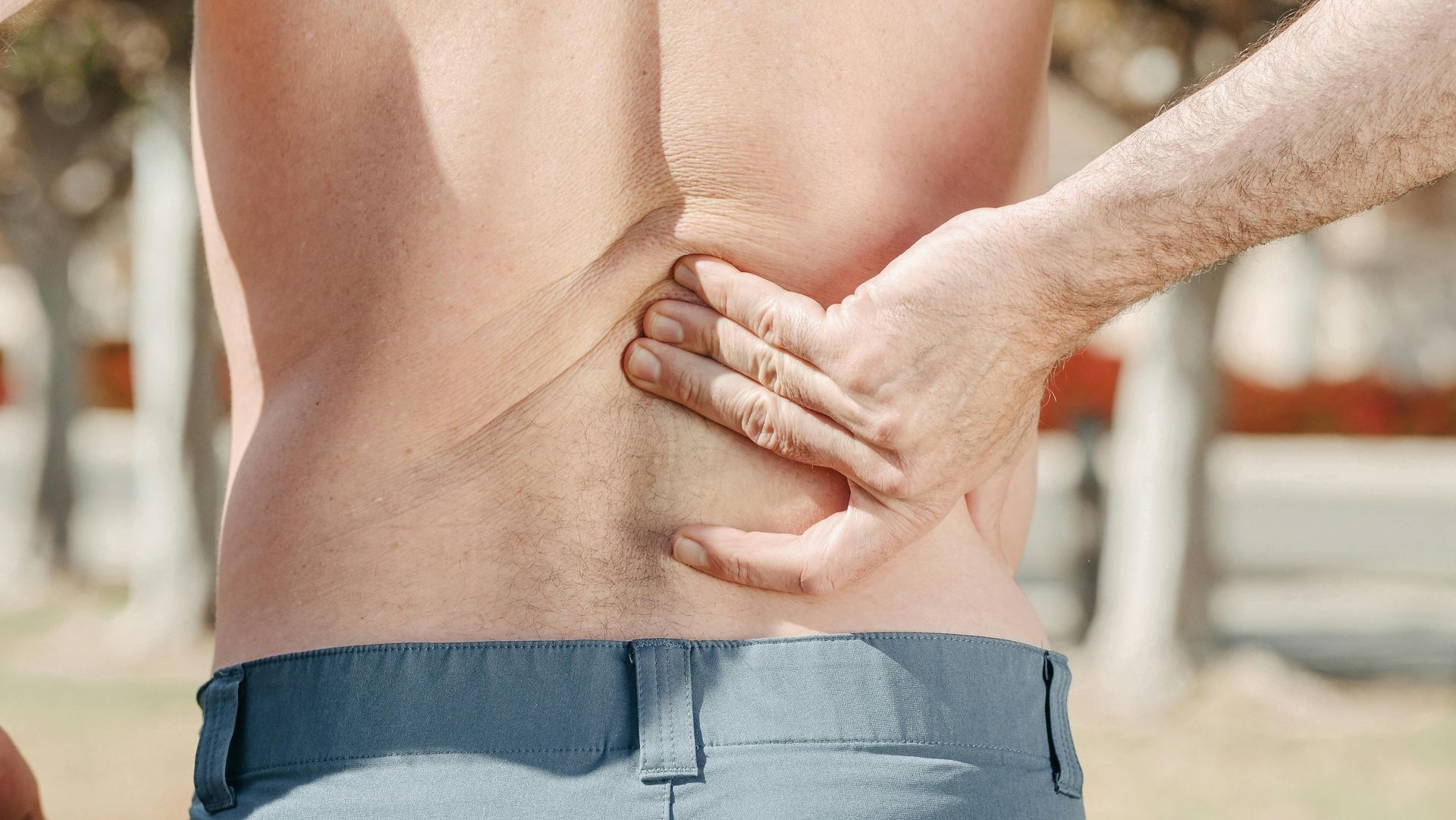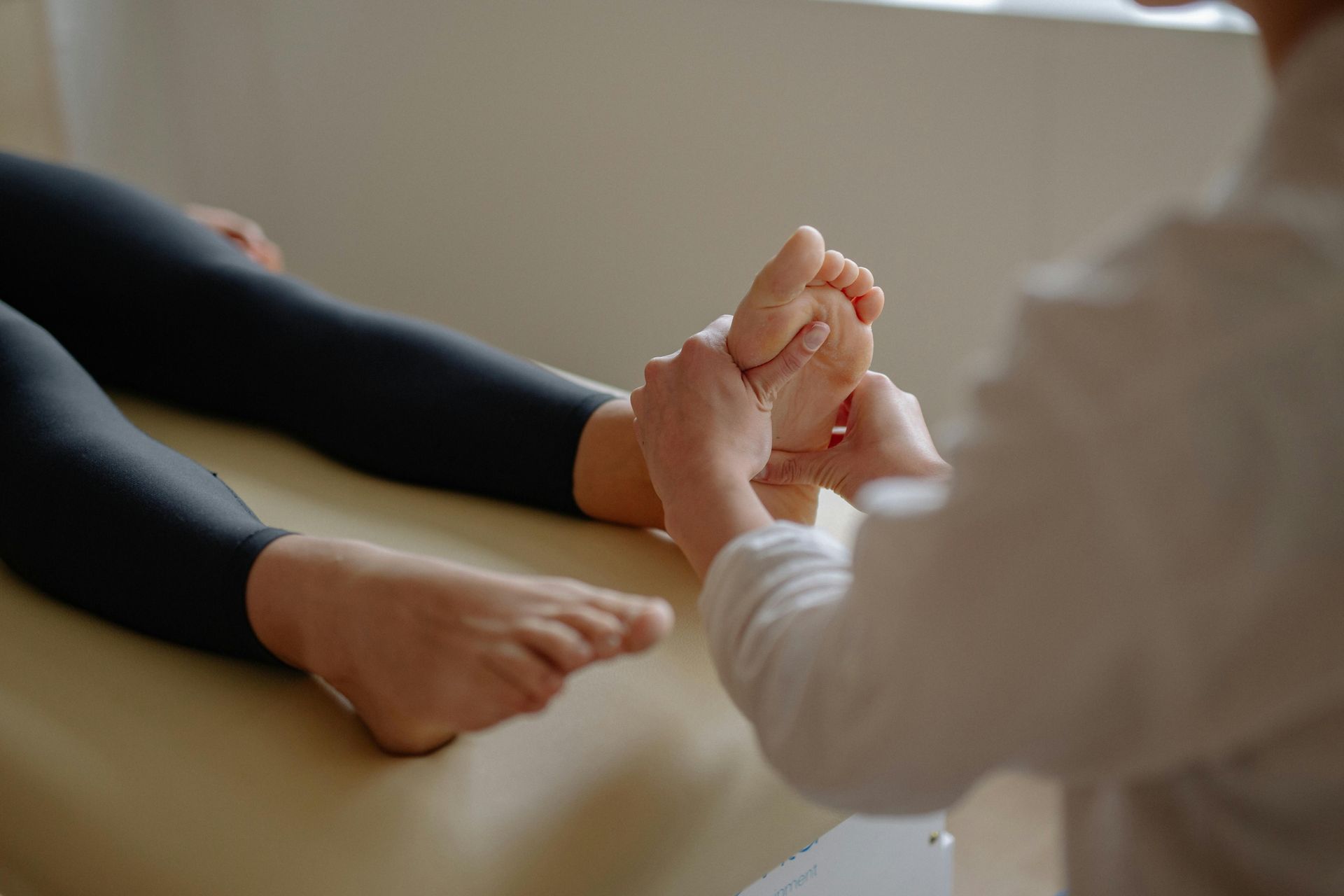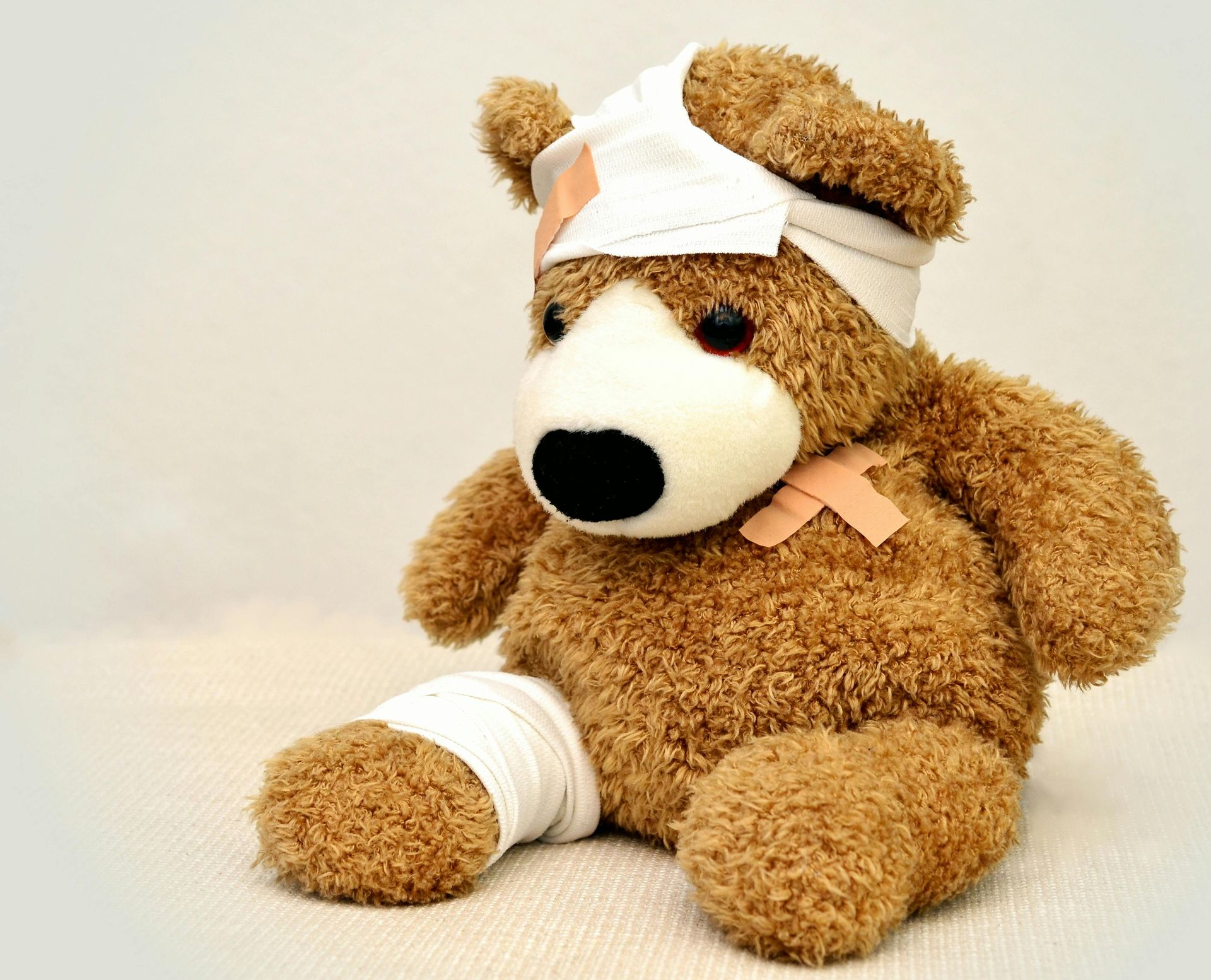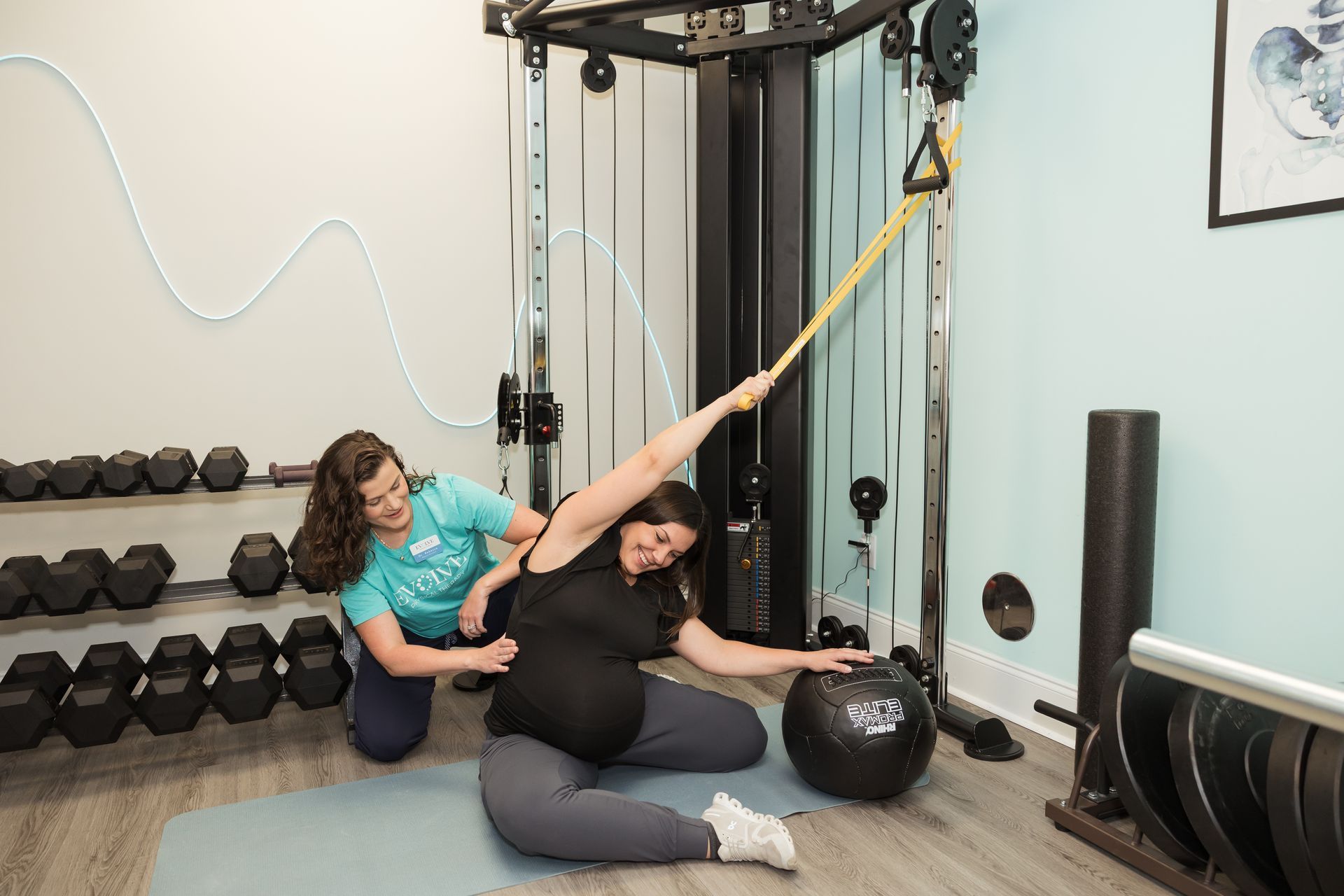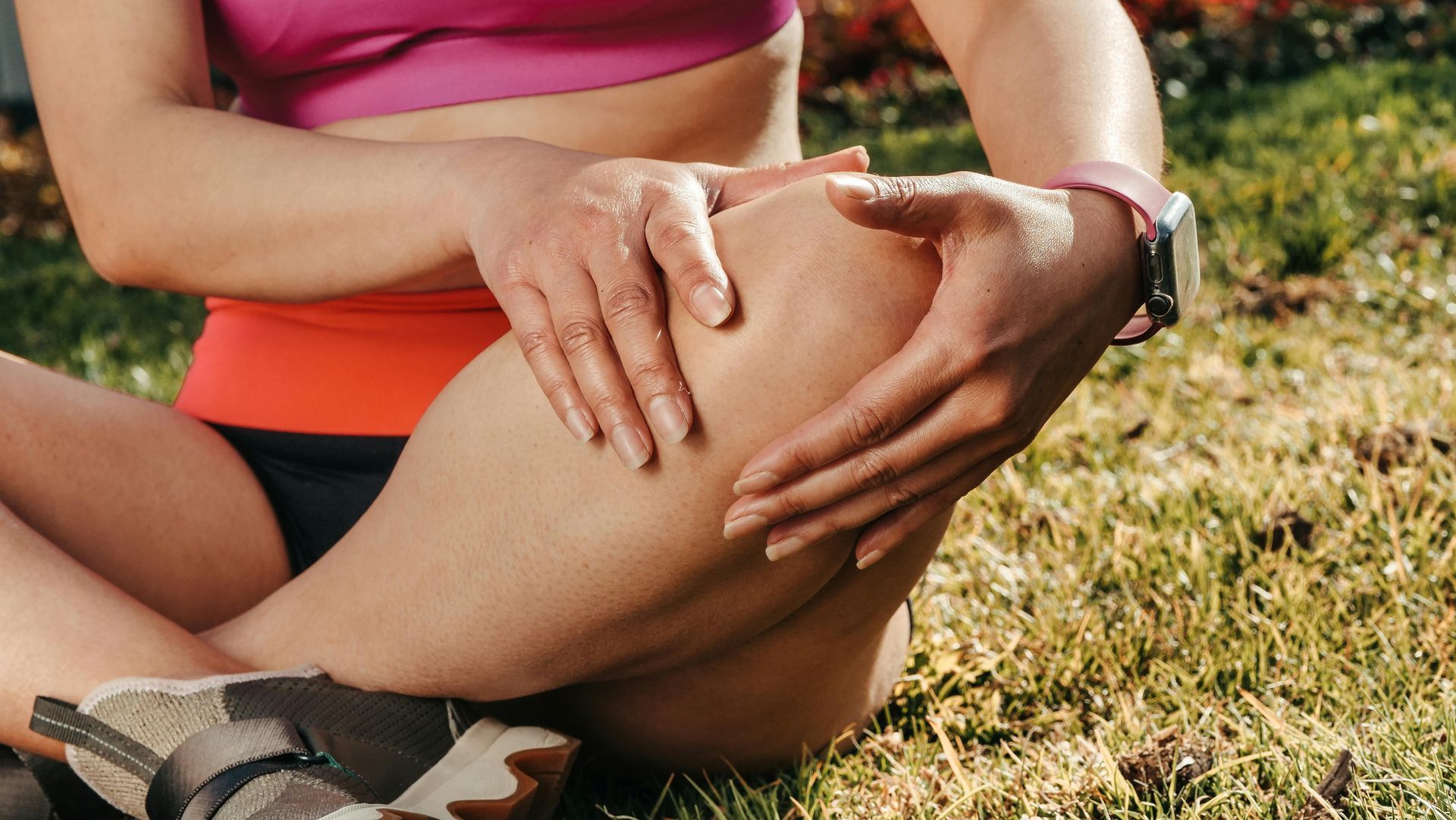Can Alcohol Inhibit My Healing From An Injury?
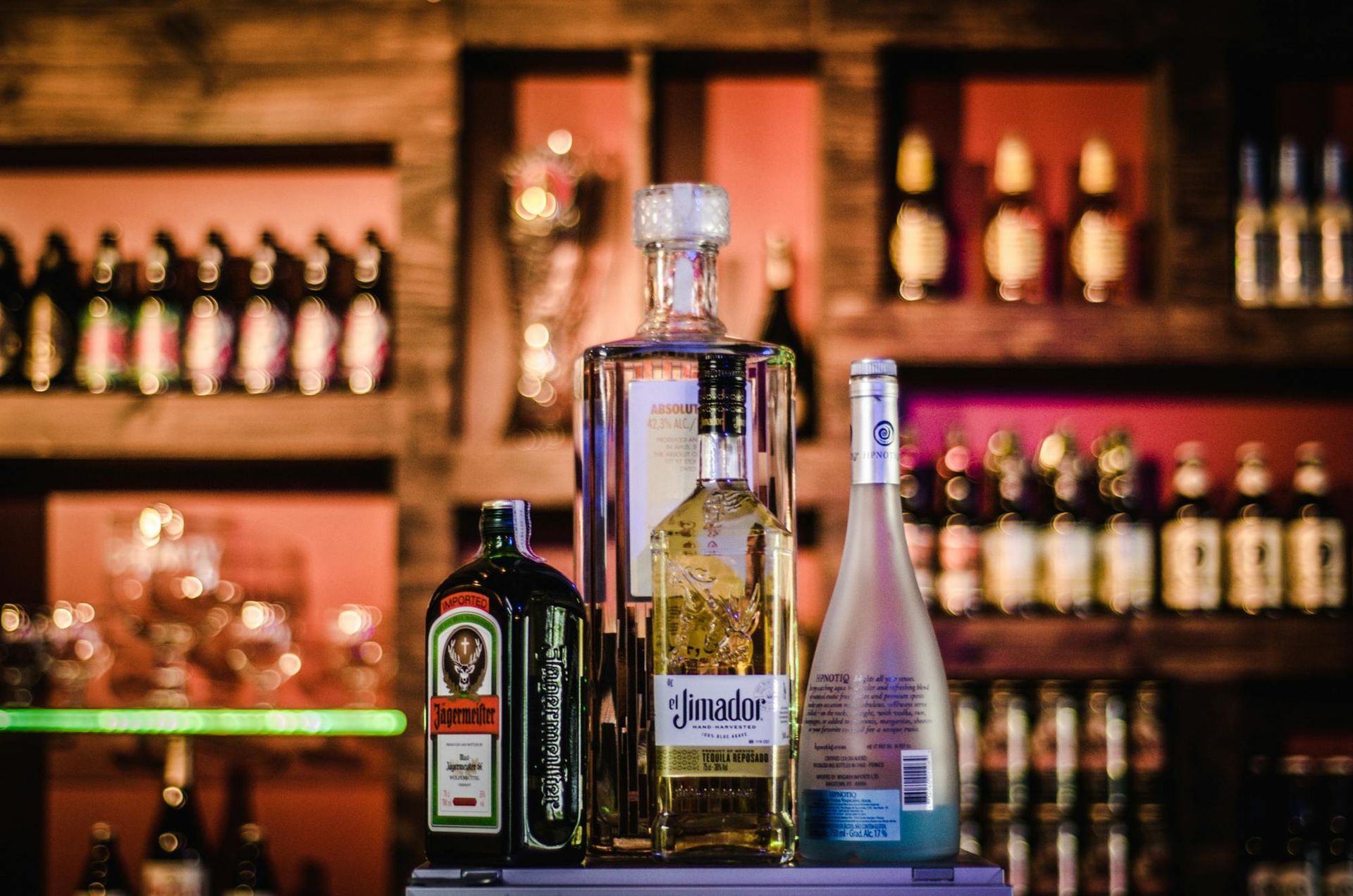
Is Alcohol an Irritant for Pain?
Often in sessions, I will discuss factors that can be an irritant to pain and what “low hanging fruit” we can work to improve upon to help reduce symptom irritation. This typically includes sleep habits, stress, volume/load management of exercise, overall daily movement, and diet. But is alcohol an irritant for pain and should you avoid it while coping with pain?
The short answer is yes!
Alcohol absolutely is an irritant and often worsens pain, especially for those coping with chronic pain. Alcohol can often increase inflammation due to how it is processed in the liver and GI tract, creating oxidative stress and cell damage inhibiting the repair of muscular tissue. It can also trigger the immune response and cause the release of pro-inflammatory cytokines, which can increase inflammation in the muscles and other tissues of the body. While rehabbing from an injury, some inflammation is expected and necessary for recovery, but the goal is to reduce exacerbation to inflammation of the tissues to allow them to heal
Lastly, alcohol can also impact overall recovery by interfering with nutrient absorption, can create hormonal imbalances with growth factor hormones, and interfere with sleep. By interfering with these last three processes this prevents muscle and other tissues within the body from recovering and rebuilding from trauma/damage or general use, and can often increase lactic acid. Collectively, with the increased inflammation, this can enhance muscle soreness, slow recovery rates, and can mimic the pain that people are experiencing.
In conclusion, while alcohol can be enjoyable when out with friends or at dinner (in moderation), it is best to at least reduce or abstain from alcohol consumption while recovering from an injury (or wanting to improve athletic performance). Overall, it can increase inflammation in the body, reduce your body’s ability to recover from the injury but also daily stressors by interfering with a wide variety of bodily processes, and enhance the overall pain that one may experience.
Simon, L., Jolley, S. E., & Molina, P. E. (2017). Alcoholic Myopathy: Pathophysiologic Mechanisms and Clinical Implications.
Alcohol research : current reviews,
38(2), 207–217.
Steiner, J. L., Gordon, B. S., & Lang, C. H. (2015). Moderate alcohol consumption does not impair overload-induced muscle hypertrophy and protein synthesis.
Physiological reports,
3(3), e12333. https://doi.org/10.14814/phy2.12333
